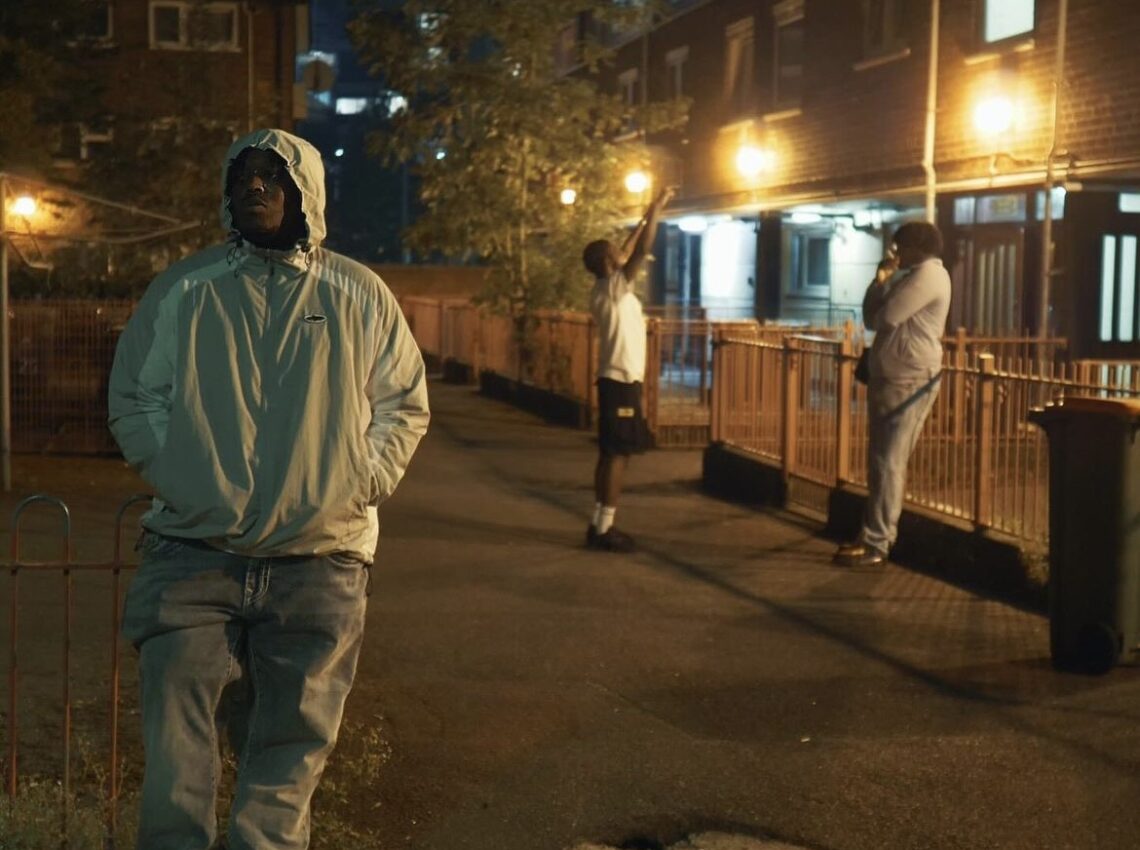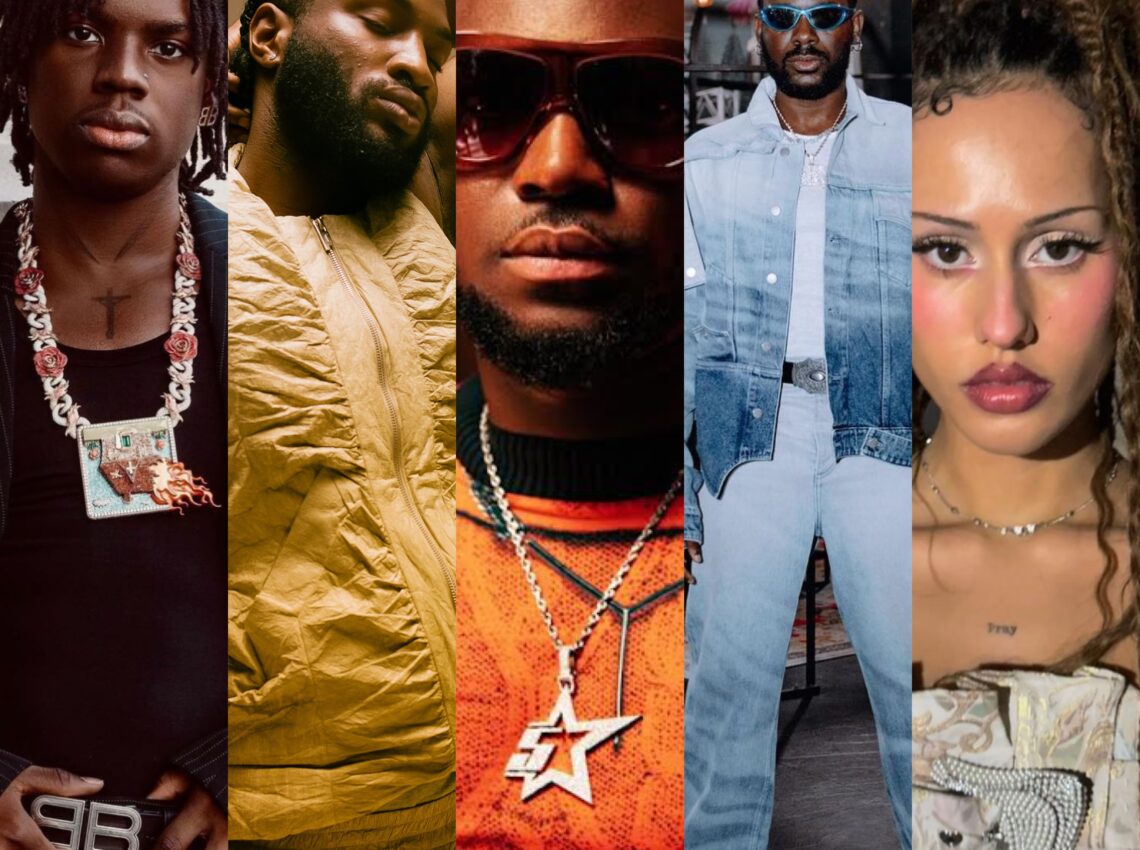BERHANA EXPLORES HERITAGE, ROMANCE AND MORE ON HIS NEW ALBUM [@berhana]
![BERHANA EXPLORES HERITAGE, ROMANCE AND MORE ON HIS NEW ALBUM [@berhana]](https://guap.co/wp-content/uploads/2023/10/IMG_5425-1140x850.jpg)
photography by @taishansart
LA-based multi-hyphenate Berhana delivers his magnum opus with the sprawling, self revelatory Amén የዘላን ህልም (The Nomad’s Dream), a high-concept meditation on heritage, romance, family and individuality. Alongside the album, Berhana has released a short film ‘The Nomad’s Dream’, a work that is in its own right as layered and mesmerising as the music it accompanies. In creating the album and film, Berhana explored a deeper connection with his Ethiopian roots, travelling to the capital Addis Ababa and connecting with the people and creatives of his mother country. Film screenings have been held in London, New York, Los Angeles and indeed Addis Ababa, all to critical reception. The inspiration for the film was taken from 1966 student film ‘Have A Coke’, which was put together by Ethiopian students studying at UCLA.
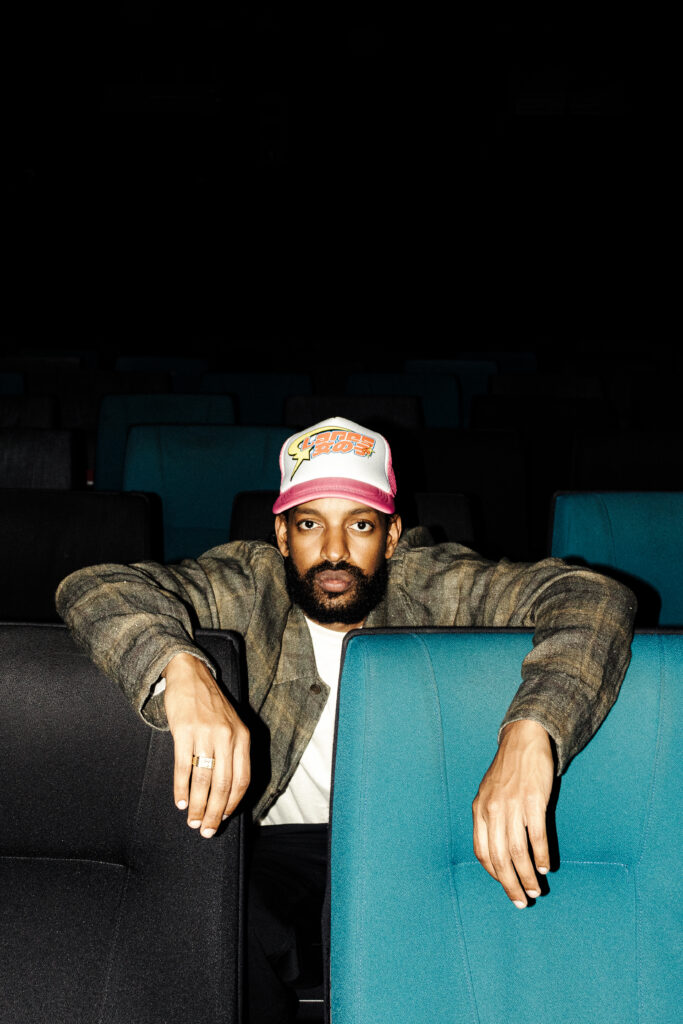
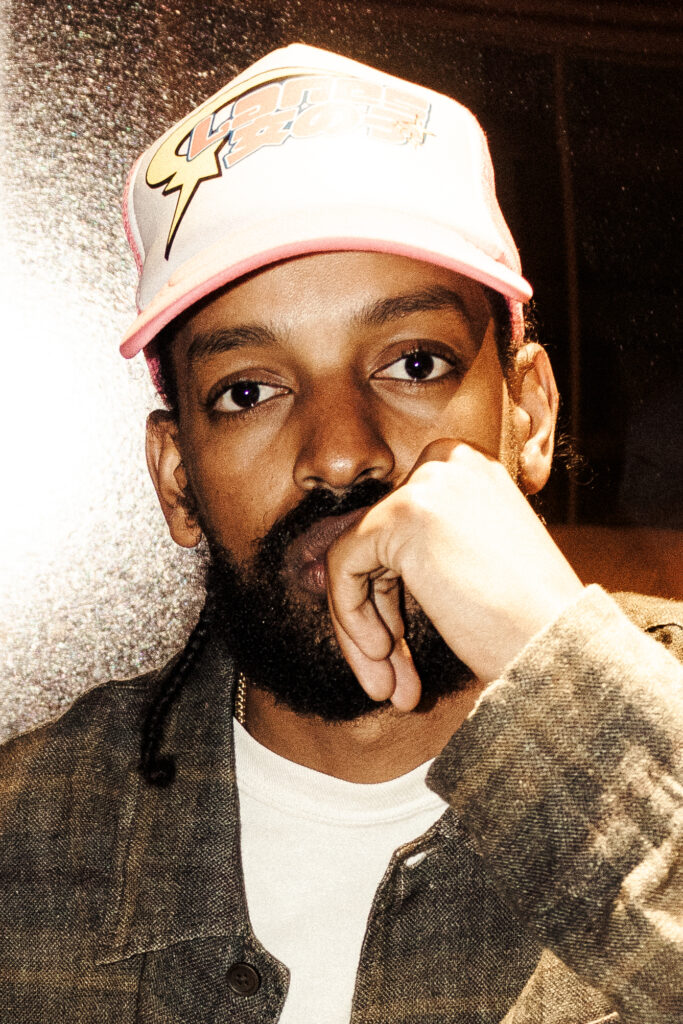
Bethel: ‘Amén የዘላን ህልም (The Nomad’s Dream)’ is deeply introspective and personal project. What drove you to explore these themes?
Berhana: Yeah, I think, within the past few years we were all given a lot of time to ourselves, time to reflect. At the end of 2019, beginning of 2020, I went to Ethiopia for the first time. It’s where my family is from. It was my mom’s first time back in over 40 years, and it was a really powerful experience.
After that point, lockdown happened and we were all inside. I feel like there was just a lot of time to reflect on both my identity, my family’s history, and this real pull that I can’t explain, to connect more and follow this thread that I felt like I should be following. That kind of served as the catalyst for the album
Bethel: This project is a significant artistic evolution. Would you say you have found your identity as an artist through this project?
Berhana: In some ways, yeah. Something I have noticed is that I’m continuing to evolve through my music. I feel that making this album, by no means, is what all my albums are gonna sound like. I don’t think that’s how it’s been for any of my things. In terms of how I’m inspired, what I’m inspired by and what moves me, I think there is a thread, and I think I’ve become comfortable in being led to whatever it is that I’m going to create, as opposed to having such a tight hold on things – there’s less emphasis on control. I think that’s something that I’ve learned about my process through this album.
Bethel: As you continue to explore your Ethiopian roots, how do you see your identity and your music evolving in the future?
Berhana: I think that’s the thing about making art, right? When I made my last album, there was no way I could have told you that I was gonna make this album, and I think that’s something that’s also really exciting. There’s a chance that I’ll ever make any music like this again, but then also, who knows? Like who knows? Creativity is such a powerful thing, and I just wanna see where it goes, where I’m led, and where it takes me. I guess that’s a long way of saying that I have no idea.
Bethel: Your music often contains layered narratives. How do you balance storytelling with the musical aspects of your work?
Berhana: I don’t know. It’s kind of all the same thing to me. I think the story telling and the word building is really fun. It’s always been an integral part of the process for me. It’s like what I’m, what am I really saying through these collections of songs?
As a consumer, when it came to music I was listening to, when it came to albums I was listening to, I have always wanted something more than just good songs. I wanted something that held it together in there, to be something else through all of these songs, like messaging on top of all of that, and I loved it. I love when things are layered, so for me, it’s always been the same thing.
Bethel: Your debut album, ‘HAN,’ also featured a unique storytelling approach. How has your storytelling evolved from that project to ‘Amén የዘላን ህልም’?
Berhana: I think they’re different, they tell different journeys. One, I think the ‘HAN’ is a little bit more external, told through this lens of a passenger on a plane ride going back home from this trip, where I think our ‘Amén’ is a journey, but it’s an inner journey, something that goes inside, and because of that, like, there’s so much more, it’s more dynamic in that way. I love both, I just think they’re different journeys.
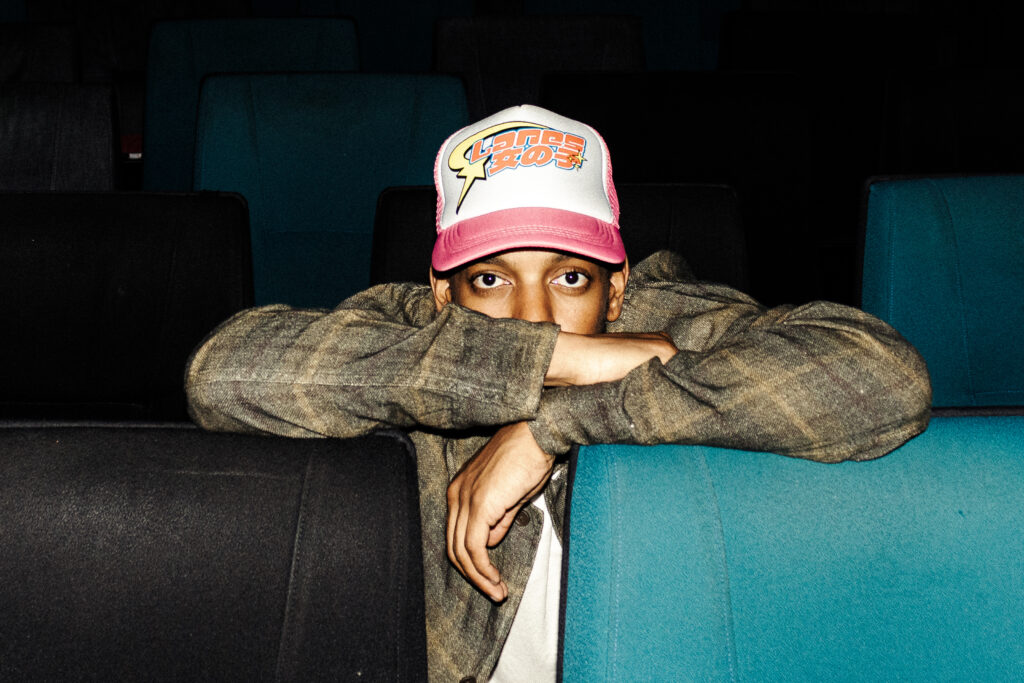
Bethel: ‘Amén’ touches on themes of heritage and family. We see this in the images that accompany your release so how have your own experiences as a first-generation immigrant shaped the creative direction of the cover?
Berhana: Oh, I think it’s like everything. I think that part of the story being told is through my own identity, what it was like growing up with a foot in both worlds. Cause it is, you know. My life is very Habesha on one end, but it’s also American on another end, and both of those things are very true in terms of what I consumed, what makes me, me. I think for me, it was important to have a mix of both of those things within the project, because of the story that I was telling.
Bethel: When you decide which musical elements to incorporate into a particular song, what drives these creative choices?
Berhana: Oh, easy. There’s no decision whatsoever. When it comes to making music when I start, I don’t think of it like, “oh, I’m making this genre of that genre.”
I’m just doing whatever feels like it’s in service of the song. I try to not think of genres cause I think genres are so dead, especially within the culture right now. You listen to anybody’s album, especially the younger generation, and you’re hearing like six genres on an album, and I think that’s a beautiful thing. Why constrict ourselves if we don’t have to? That’s kind of how I’ve always felt.
Bethel: You’ve released a short film, ‘The Nomad’s Dream,’ to accompany the album. How does the film complement the music, and what was the creative process like?
Berhana: I think the film provides a new entry point into the world of the album. It’s telling the same story through a different lens, and it adds another layer. I think for me, the creative process behind it was fairly similar. I started it before I’ve even finished the album. Stan Guest and Julia Baylis directed it. We’ve worked on so many things together, so we were able to really just flesh out this world from the beginning. We worked on it for about over a year before we shot it, and I had the best time. It was so much fun. Even working on the album through that different way, I felt revealed so many more things to me about the story being told. I would love for you to watch the film especially if you listen to the album, and see if that provides anything.
Stream his album below and discover more from GUAP’s Music section here!




![ZINO VINCI’S ‘FILTHY & DISGUSTING’EP BRINGS YOU TO THE CORE OF THE ARTIST [@ZinoVinci]](https://guap.co/wp-content/uploads/2023/10/Zino-4.jpg)

